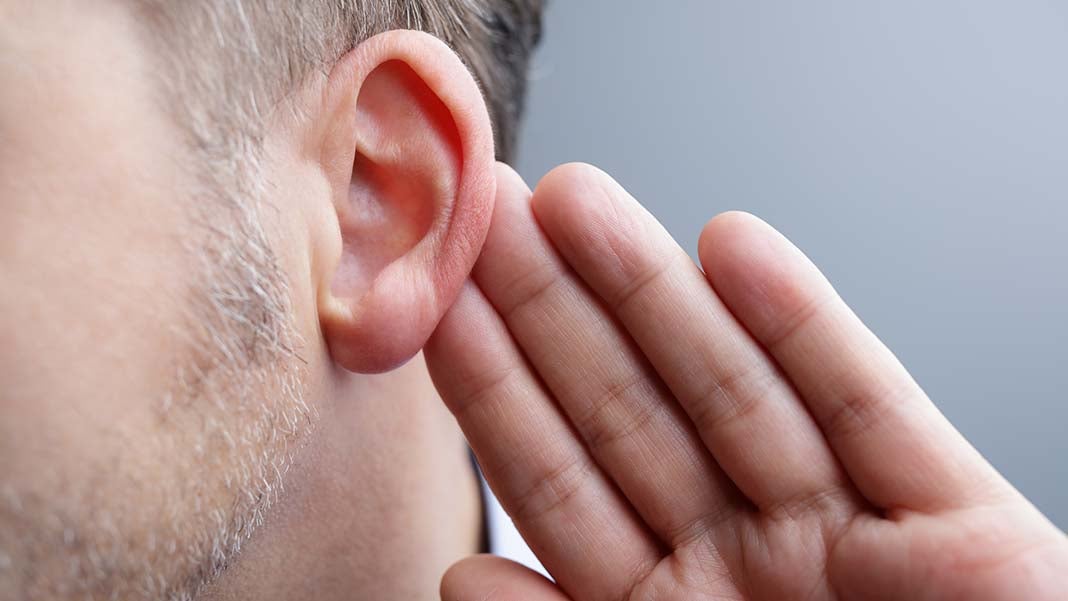
Some people seem to have it and others don’t.
It is a skill and a science that can change your life.
It requires an awareness about yourself.
And others.
It is an expertise that is essential for engaging and connected communication.
Excelling at it will attract people to you.
They will want to hang out with you.
Seek your wisdom and insights.
The art of “listening” and communicating with focused attention is both a business and life skill worth learning and nourishing.
When that is mastered then you can communicate with powerful connectedness.
It then demands attention.
What’s compelling listening look like?
Just being…
With someone’s soul.
As if…they are the only person on the planet.
Can you listen without thinking about your distracted minds contribution?
Without searching for your next input to the conversation?
Your opinion?
It takes discipline.
Practice.
Focused eye contact.
It also means suspending ego.
Not judging.
When we start judging we stop listening.
Our inner chatter overrides our ability to hear.
Learn from a master
One of the masters at this art of communicating with active listening is Bill Clinton.
He has the skill and the intent to make you feel like you are the only person in the room.
How does he do that?
One on one he makes focused unwavering eye contact and actively listens. Asks questions.
Also as one of the highest paid speakers on the planet he has the ability to scale this compelling communication intimacy even from the stage.
According to Simon Mainwaring, in a Forbes article, who has spoken at the same events with Bill Clinton and observed the master at work up close and personal, this is how he does it.
From the stage he singles out one person in the audience and makes eye contact. Once that connection takes place he moves onto another person and repeats the process.
The result after 15-20 minutes of these individual exchanges is that the whole unite around a feeling of personal and influential connectedness.
Listening is all about connectedness.
And that can be done one on one or even from the podium.
So….
How do you master the skill of powerful compelling listening?
#1. Eye contact
Have you ever sat across from a friend and observed their eye movement?
Are they watching you? Making eye contact. Providing unswerving attention?
How do you feel when they are so distracted that their eyes are flitting around the room?
Observing everyone else but you.
In that moment you know they are not with you.
The connection is broken.
The discipline here is to not let your eyes wander. Ignore the room with your eyes.
Give them the gift of watching them with focused and unwavering visual intent.
2. Forget your devices.
I was sitting down with a friend and my smart watch lit up with an update.
Her eyes went straight to my device. She was immediately distracted.
Pinging smart phones, vibrating devices are a disturbance that stop us being “in” a conversation. They interrupt the flow.
We all know what a ringing and pinging phone does to those passion moments.
Conversations and connected communication need the same attention.
Put them away.
Take them off.
They are an annoying distraction and even one eye movement gives the game away that you are not with them. Or present.
Don’t wear that disturbing and interrupting device when sitting down to have a chat.
Wearing a dumb watch is now back to being part of the uniform.
3. Be aware of the other person
This means putting yourself in their shoes. Are they nervous. What has their day been like?
Put yourself in their shoes. Ask questions.
What do you sense their feeling.
Nervous, happy or sad?
What does their body language reveal?
Defensive, open or closed?
Being mindful of them means not listening to your consciousness.
Suspending your internal dialogue is needed.
You may also want to check in and ask questions that allow you to gain an insight into their emotional state.
That could be something like “So I sense you are feeling quite excited by this new opportunity?”
If they say Absolutely!… you know that you have got it right.
If their response is “not really” then you have more work to do.
4. Active listening
As you listen reflect back to them what you are hearing. This lets them know you have been listening and have taken the time and focus to hear “them.”
Now this doesn’t mean always repeating back “word for word” what you hear. Otherwise you will just sound like a parrot as the conversation continues.
Take what you heard and change it up with the same information but in your words.
Listening actively also means asking questions.
Ever sat down with someone for a coffee and for the next 10 minutes they talk at you without drawing a breath.
Or you have been to a dinner party and the person you have never met before doesn’t ask one thing about you for the entire evening.
Active listening means being curious and interested in others.
This means finding out about them. What happened in their day. How are their family.
This one skill alone will make a big difference.
#5.Tentative feedback
This requires you understand the emotion behind the words and then use words that “hint” at what they are feeling or saying.
What does that look like?
Here is an example of what you could say after listening to a friend
“So what you are saying is that you are “maybe” feeling a “bit” nervous about leaving your current employer?”
You are testing the feeling that you have sensed by asking around the edges.
Learn to be a bit more tentative rather than blunt and direct.
#6. Don’t judge
Everyone has their own opinions. Nothing wrong with that. But as you judge someone they will sense it and feel separateness.
We are after connectedness. Not isolation.
We will all have an opinion about religion and politics. These are emotional and divisive topics.
Can you listen to someone on those emotional categories and hear them and their view without your internal voice stopping you hearing.
But many of us will be judging even on smaller issues that come into the conversation. Notice that internal dialogue and pause and park it.
This discipline of suspending judgement will be one of your biggest challenges. It will also be one of the barriers that will get in the way of connecting.
Are you up to it?
Many of us are aware of the skill of active listing. Or maybe some of them.
Sometimes we need to remind ourselves that influential active listening needs to be practiced, polished and revisited.
With practice and maybe even some training you will be surprised with its potential.
But it will need your daily focused attention to take your listening skills from ordinary to extraordinary.
It is a process worth perfecting.
A habit to hone.
Mastery is a journey.














